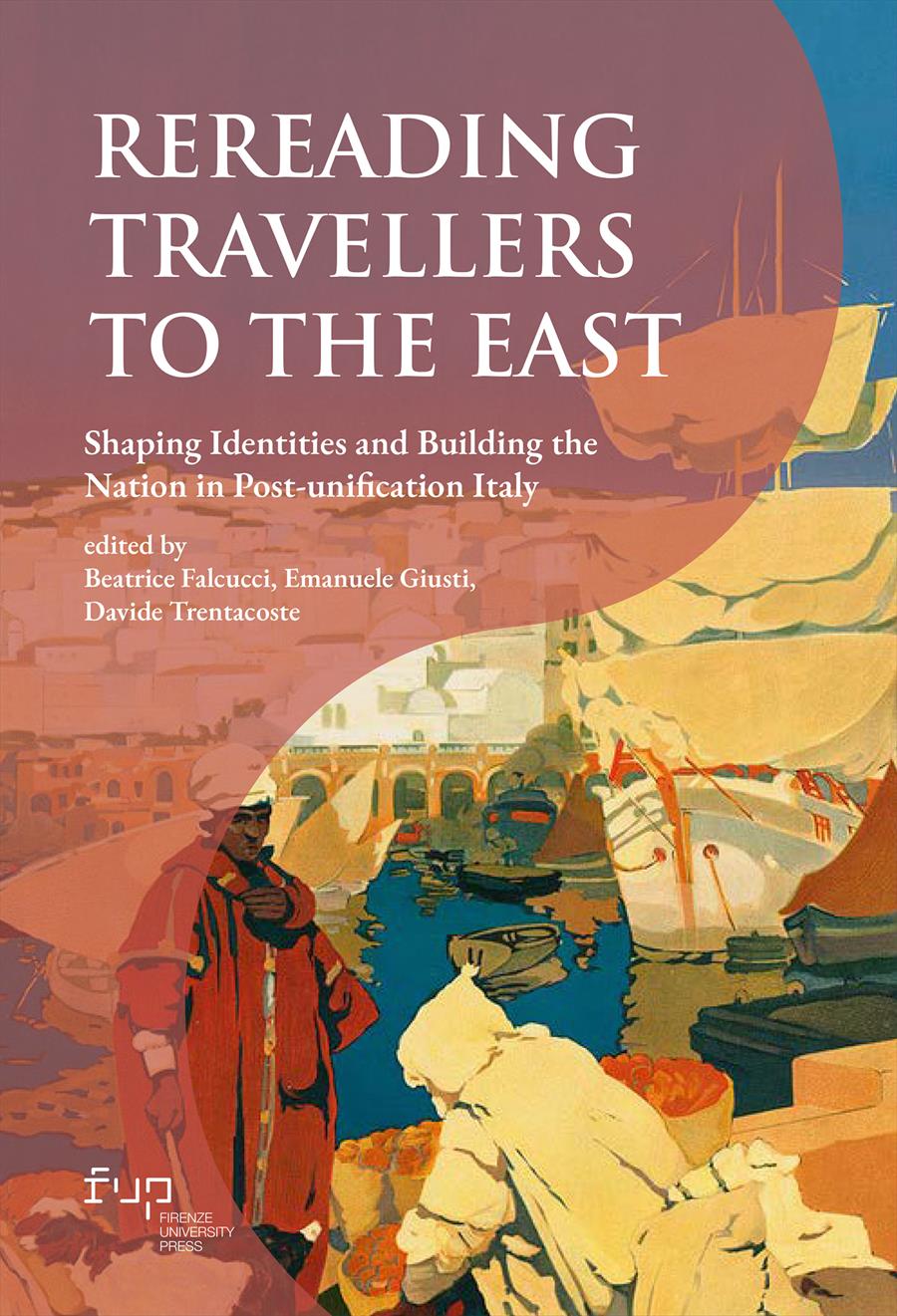
Altre news
Rereading Travellers to the East
Rereading Travellers to the East. Shaping identities and building the nation in post-unification Italy stands at the crossroads of different research fields. Its main goal is to offer a new historiographical perspective on travel literature, the question of nation-building in post-unification Italy, and the history of Orientalism and Oriental studies.
Traditionally, travel literature calls for a discussion of its role as a source for the times and spaces in which it has been produced, on the side of the authors as well as on that of the readers and of whatever constitutes its usually multi-layered content, be it nature, peoples, or ideas. The aim of this volume is to focus on the rereadings to which early modern travel literature, spanning from the late Middle Ages to the eighteenth century, has been subjected by different actors involved in the political, economic, cultural, and intellectual life of post-unification Italy. The specific focus on rereadings has allowed us to highlight how early modern travel literature has been mobilised, reinterpreted, reappropriated, and reused for political and ideological purposes in the context of the formation and reformation of collective identities.
While this approach to travel literature implies a careful appreciation of the specific contexts and periods in which these sources originated, the main time frame of our analysis of rereadings includes, broadly speaking, the first century of existence of Italy as a unitary state: from the period of the political unification of the Italian peninsula—the Risorgimento—to the so-called Liberal age of the Kingdom of Italy and from the Fascist regime to the first decades of the Republic. Such a long-term perspective, often articulated as a double temporality spanning over very different periods in political and cultural terms, allows us to discuss ruptures and changes as well as continuity and persistence as characterising features of the patterns of rereadings.
Travel inevitably connects different communities and polities. As trite as it is, this point implies that any study of travel literature, and of its rereadings even more so, should consider the relations between the different human spaces touched by the travellers’ experience. This volume focuses on the relations between the polities of the Italian peninsula and those of Asia. As we will discuss in more detail below, this perspective provides new insights on the history of Orientalism in Italy. However, it is impossible to disentangle this set of relations from the larger context of intra-European contacts and of the connections between Europe and Asia. This is especially relevant for post-unification Italy, when intense exchanges and conflicts took place between Italy and other European countries, both within Europe and on the stage of European expansionism in Asia. In this sense, on the European side of the problem, this volume can offer an outline of a shared but conflicted history of the political and cultural legacy of travel literature.